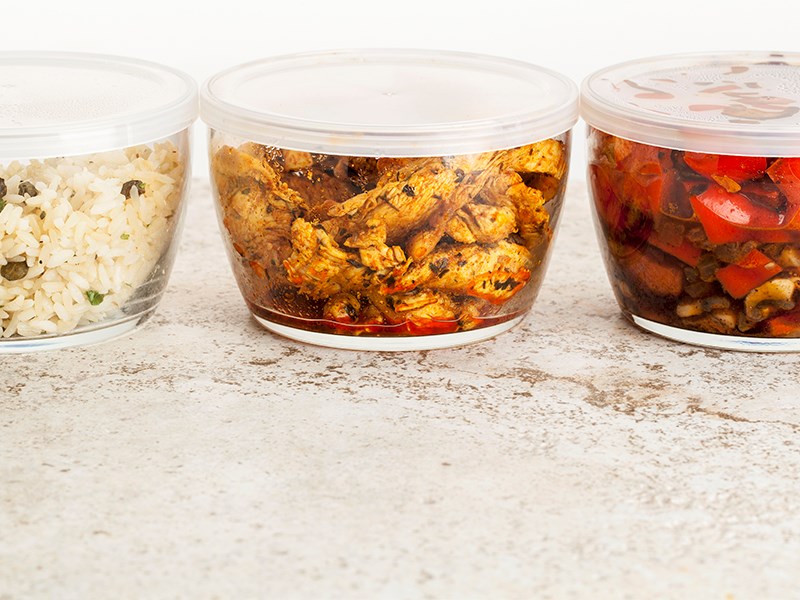Why is it so difficult to stay on top of our diets? What makes it so hard to continue something many of us strive to tackle each year as one of our priorities?
There are many choices in diet plans, programs and products. But many of them are fad diets: here today, discredited tomorrow. Since these diets are so different than what you are used to, they are hard to follow for a longer period. They are also part of a business model; people make money on them and the more diets we go on, the more money they make.
Many of these diets suggest adding more vegetables and fruit and to avoid processed/packaged foods, which is great, but that is where the comparison often ends.
So, what can you do to make lasting changes? Look at what are you eating each meal and ask yourself whether these foods are feeding your body or just filling your stomach. Look for areas where you can make small changes.
Pick three favourite meals and see what you can change to make them healthier. Sometimes you need to look at portion sizes or making sure you do not skip a meal. You may need to add a fruit or extra vegetables, change a meat-based stew to plant-based by adding lentils or beans, choose a whole-grain bread instead of white or whole wheat or decide to eat brown rice instead of white.
You may choose to lower your intake of added sugars by drinking less pop (drinking one less 591ml bottle per day for 365 days and not changing anything else could lower your weight by 10 pounds), not adding sugars to your hot beverages (or slowly reducing the amount), eating plain, unflavoured yogurt with fresh fruit instead of fruit-flavoured yogurt or choose healthier snack options.
Plan your meals so you can shop accordingly and change your pantry items to include fewer processed foods. Have fruit washed and cut up it is are an easy snack when you have the munchies.
If you do not have a lot of time to prepare meals from scratch, maybe you can plan leftovers, which provide a great lunch or the start of your next dinner.
Cut up extra vegetables so you have enough for the next day. Make enough oatmeal for a few breakfasts and just warm it up in the morning.
Eating slower and drinking less during your meal will help your digestive system break down the nutrients better.
There are so many small changes that, as they become a habit and you build on them, can make a big difference in the quality of your life. Your body will react to these changes and thank you by giving you more energy.
You may lose some inches and sleep better, your cholesterol levels may come down and you may be able to control your blood-sugar levels better.
Talk to your doctor whenever you make changes to your diet, as some medications may need to be adjusted as your weight changes.
Kitty Clemens is a board-certified practical holistic nutritionist and professional cancer coach.



